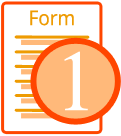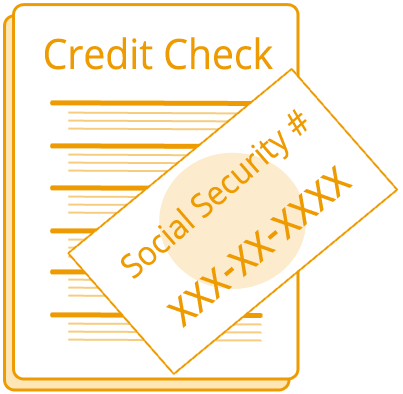September 23 2010 (Shirley Allen)
For the first time homebuyer, the term “closing costs” can be quite confusing. Learning about the different types of mortgages and trying to figure out the different interest rates can be confusing enough, but you have to pay at the end too?
Here’s a breakdown of what constitutes “closing costs” and what affect they can have on your mortgage and exactly what you are paying for:
Points
Purchase points, also known as a “buy-down” or “discount points” or sometimes just “points,” are an up-front fee paid to the lender at closing to buy-down or lower your interest rate over the life of the loan. Each point is equal to one percent of your total loan amount. If you have a $100,000 loan, one point would equal $1,000. The more points you buy, the lower your interest rate, but the more money you’ll need at closing. When you were shopping around for a mortgage and comparing you probably noticed different interest rates with different “points.” Generally speaking you should have seen lower interest rates with higher points.
How do you decide whether you should buy points and if so, how many? Well, the decision should be based on how long you plan on living in your home and what you can afford to pay each month toward your mortgage. If you plan on living in your home for more than five years, it’s probably a good idea to purchase points. The longer you live in your home, the more you can save on interest over the life of the loan. Ask your lender to give you a breakdown of where your “breakeven point” is if you pay for extra points and if you plan on living in the house longer than that, pay for the extra points.
Interest Rate
When you get a mortgage, you are charged an interest rate. This is the rate which the lender charges you for using their money to buy a home. It determines how much your monthly payments will be. Generally speaking, the higher the interest rate, the higher your monthly payment.
Mortgage interest rates change constantly, daily, even hourly and from lender to lender. If you speak to a lender and are quoted a specific interest rate, that’s not to say you’ll necessarily get that rate when you close on your loan unless you formally “lock-in” that rate with the lender. Locking in an interest rate guarantees that you will get a loan at a particular interest rate for certain period of time. Lenders will allow you to lock in for 15, 45 or 60 days, but each lender has its own policies. Lenders normally charge a fee for the privilege of locking in a loan, but during times of rising interest rates, it more than pays for itself. But the longer you lock in, the more expensive it will be, since it’s more of a risk to lenders.
Other Fees
There are additional fees associated with getting a mortgage. These fees cover the cost of processing and underwriting the loan. These fees can include charges for title insurance, which insures that the home is free and clear; paying for a land survey; or paying for a home appraisal which gives you the estimated value of the property (lenders require an appraisal to close on your mortgage). Depending on stipulations in your offer to the seller there could also be home inspection fees and your share of the escrow fees.
Different lenders also charge different fees and different amounts for common fees. Some may charge lesser closing fees to lure you in, but may charge you a higher interest rate, which means you may pay more in the long run, depending how long you live in the house. You also have different state and regional fees that may also have to be paid.
Don’t be afraid to ask lenders for a breakdown in the fees they charge and don’t be afraid to shop around. In the end YOU’RE the one who is paying for them and you should know what they’re for and if other lenders charge for them and how much. Make sure you thoroughly read your Truth-in-Lending (TIL) and Good Faith Estimate (GFE) disclosures when they arrive and ask questions if you don’t understand them!


